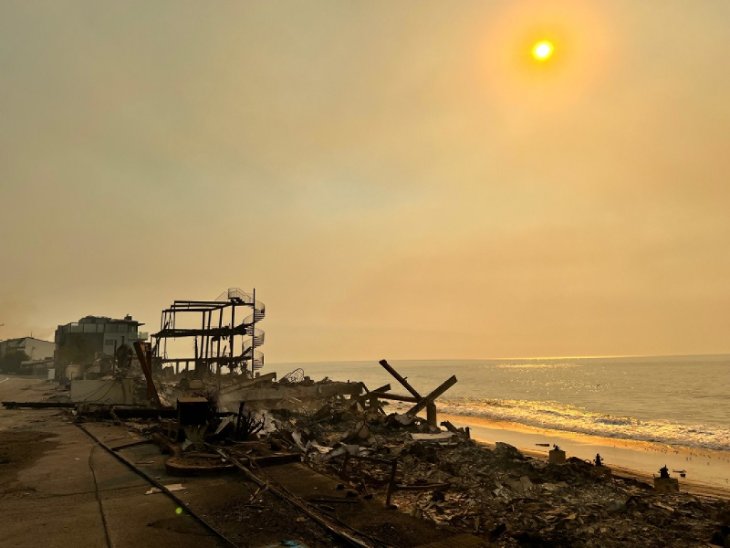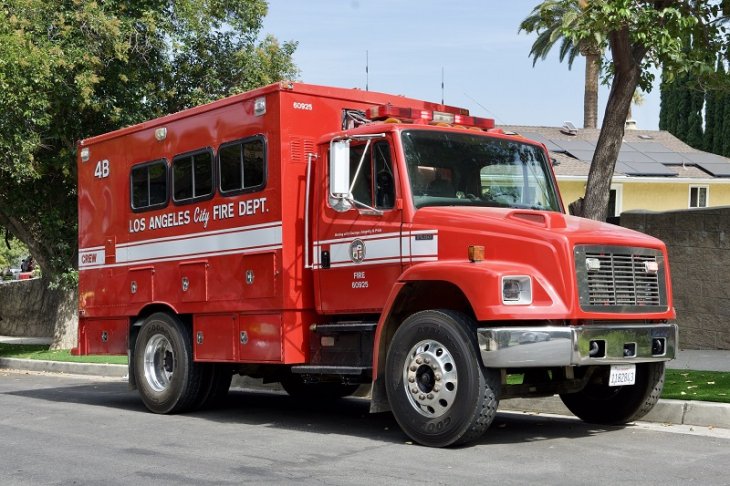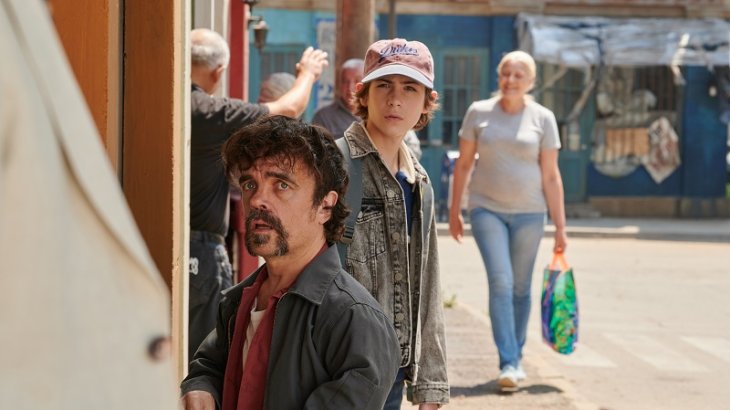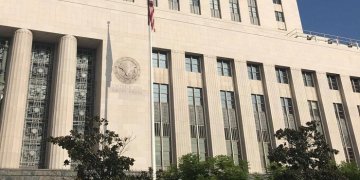By Tom Elias

It’s not by accident that Jeff Denham, David Valadao, Devin Nunes, Ed Royce, Mimi Walters, Darrell Issa, Dana Rohrabacher and Steve Knight, all California Republicans now in Congress, have survived and thrived through multiple terms in spite of frequent indicators that they were endangered in their very disparate districts.
Democrats downplay this political and personal reality this fall, as they gear up for hotly contested primary contests where the prize is the opportunity to take on one of those Republicans.
The assumption among most Democrats is that because of sometimes-looney behavior and words by President Trump, next fall will see many, many Democratic victories, perhaps enough for them to take back the House of Representatives for the first time since 2010, when Republicans won a sweeping majority.
The GOP margin now stands at 241 members to 194, after Democrats gained six seats in 2016, still falling 47 shy of taking over. That means Democrats must flip 24 seats next year to regain control of the House, and they see most of those eight sometimes embattled California Republicans as ripe for the ousting.
They have no such illusions about this state’s six other Republicans in Congress: the likes of Tom McClintock, Paul Cook, Doug LaMalfa, Kevin McCarthy, Ken Calvert and Duncan Hunter all appear safe from any sudden Democratic storm because they represent essentially rock-ribbed Republican districts. Not even their votes to kill Obamacare – the Affordable Care Act whose health insurance covers many thousands in their districts – are enough to threaten any of them.
But things seem different in those other eight districts, one reason why multiple hopefuls have risen up in almost all those places in hopes of taking on long-established incumbents like Royce, chairman of the House Foreign Affairs Committee. Democrat Hillary Clinton carried his 39th District straddling parts of Los Angeles, Orange and San Bernardino counties in 2016, putting a target on Royce’s back for the first time in many years.
Rohrabacher’s coastal Orange County district was also long considered safely Republican, but his reputation as Russian President Vladimir Putin’s “favorite congressman” renders him unusually vulnerable next year. Still, Rohrabacher has often won with very large margins, and the several Democrats seeking to take him on next November would be foolish to assume he’s a lame duck.
The same for Issa, whose district covering parts of northern San Diego County and southern Orange County was long a safe GOP area. True, he won reelection by just 1,600 votes last year, the smallest margin of any Republican in Congress, but his car-alarm fortune has so far provided all the funds he’s needed to repel threats once he took them seriously. Issa, reputedly the richest man in Congress, is clearly scared. Yes, he voted for Obamacare repeal, along with all his California colleagues, but he also plumped for a plan of his own offering all Americans the same health insurance options open to members of Congress.
He’s moderated other of his stances lately, too, becoming more of a physical presence in his district than he’s perhaps ever been.
Meanwhile, the huge Latino pluralities in the Central Valley districts of Denham, Nunes and Valadao have never seriously threatened any of them, but could this time because of their health care votes. Nunes, the committee chairman, also could be dogged by his forced recusal from the House Intelligence Committee’s investigation into Russian involvement in Trump’s 2016 campaign.
And Knight, a narrow winner last time in his Palmdale-Santa Clarita district, will face at least as formidable a challenge next year as in his last campaign, itself a close call, even though it’s uncertain who will be his runoff opponent.
Each of these races is different, but all have the common theme of voters possibly wanting to crimp Trump’s power, while other voters will not forgive the incumbents for their health care votes.
Still, every one of these Republicans has faced concerted opposition before, and none has lost yet. If Democrats assume they can easily oust any or all of them, they could be in for a surprise and another national defeat.






















